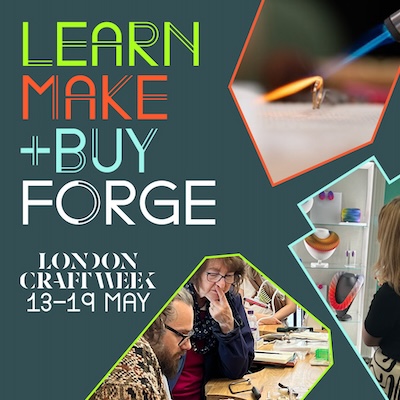States of Play, Crafts Council - Hull
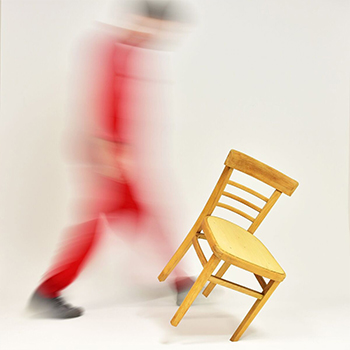
Venue
When
Audience
Category
The Crafts Council’s new exhibition 'States of Play', will launch at Humber Street Gallery in Hull in July, UK City of Culture, and will look at how playfulness shapes our lives and the world around us.
The Crafts Council’s new exhibition will be on show from 7 July – 24 September. Through the eyes of 16 international makers and designers it presents play as a way of being, of understanding the world and giving it form. In an era of screen-based games, it celebrates the physical element of play in ways that will delight, provoke and surprise – both children and adults alike.
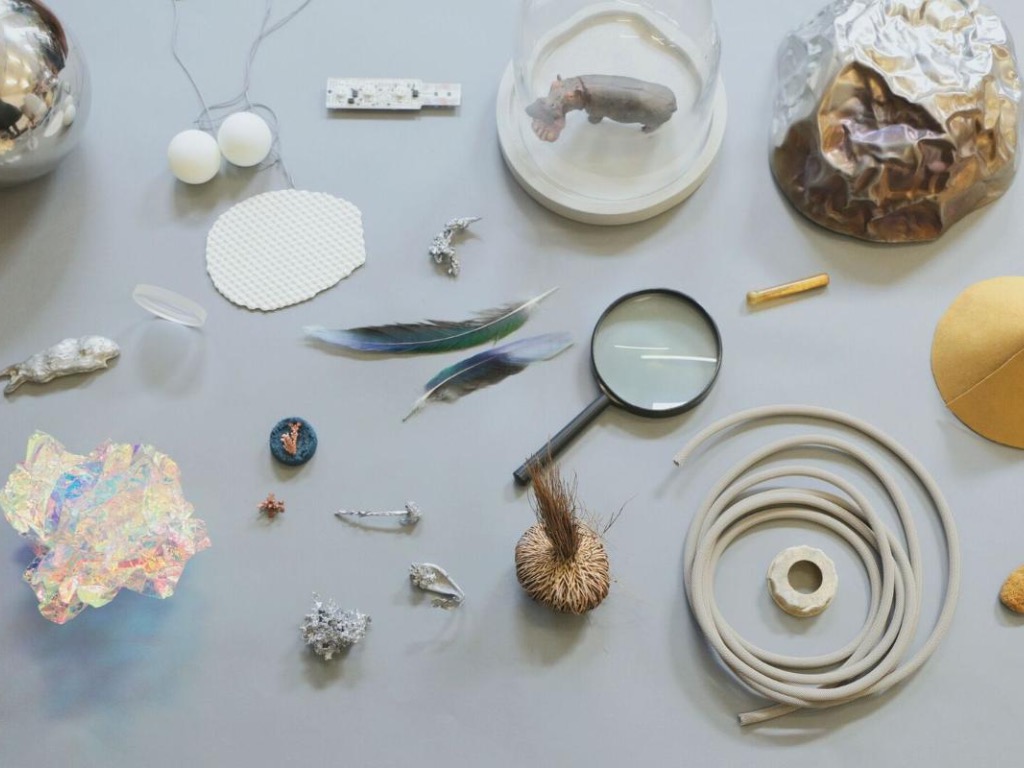
In craft, experimental play, as much as skill, is at the heart of making. Hacker culture and new materials are putting power in our hands to adapt things around us for new uses. The makers and designers presented here each take an inventive, sometimes subversive, approach to craft. Many of these works bring to light the playful mindset behind the process of making. Others give the opportunity to get stuck in and play about with the objects around us.
Hull – known for its subversive humour, rebellious spirit and championing of freedom – is the perfect place in which to tell this story of play. Opening at Hull’s new Humber Street Gallery, States of Play launches Hull’s City of Culture Season Three: Freedom. The show celebrates the importance of imagination and freedom through play as an agent of change with the power to change the world.
Annie Warburton, Creative Director at the Crafts Council, said,
“I’m thrilled that the Crafts Council is part of Hull 2017 City of Culture’s vibrant programme. States of Play invites us to take a new look at playfulness as a creative, social and political force. We could think of no better place to stage this exhibition than Hull, a city renowned for its freedom of thought. The show celebrates the playful experimentation at the heart of making. There are delightful, enchanting works here that will bring you out in smiles, but the exhibition also tackles darker themes through playful tricksters who challenge convention. You’ll come away having had fun and with a new sense of playfulness as way of understanding and shaping our world.”
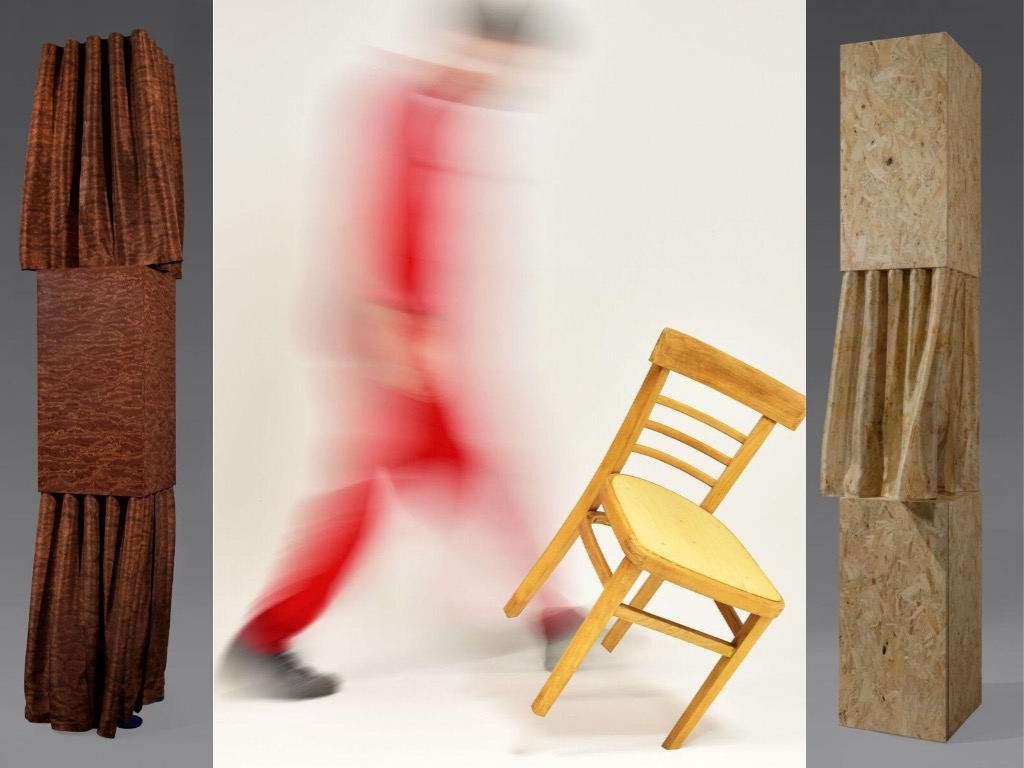
The exhibition explores the topic through five core themes and different states of play – Wonder; Possibility; Freedom; Game Play; and Masquerade:
Wonder
Opening the show is a special commission, supported by the British Council, by Austrian design duo mischer’traxler studio that evokes the joy, fun and wonder of play at its purest. The interactive installation is an invitation to open up to the pleasures of curiosity, novelty and surprise.
Possibility
In a playful state of mind, anything is possible. To play is to improvise, try things out and make new discoveries. Visitors will encounter ordinary objects made extraordinary – Atelier NL’s lampshade that knits itself, and impossibly balancing chairs made by artist and designer Pascal Anson.
Freedom
Play is a manifestation of human freedom. It allows us to be unruly, to challenge and renegotiate rules and to make mistakes without fear of failure. A new commission from Silo Studio builds on their interest in exploring the relationship between craft and industry, deliberately engineering mistakes in the production line to uncover the expressive potential in industrial materials.
Game Play
Unlike in the free play of the imagination, in games we’re bound by rules. As games become increasingly virtual, the works presented here celebrate the physical materiality of games. This includes Lawrence Epps’ arcade coin-pusher game stocked with porcelain and terracotta coins that reveals how we are at the mercy of chance.
Masquerade
Some objects play with perception. Being played with can be disconcerting, or the discovery of being duped can be a delight. Using material illusions, works by Soft Baroque and Glithero craftily pull the wool over our eyes - by pretending to be what they’re not.
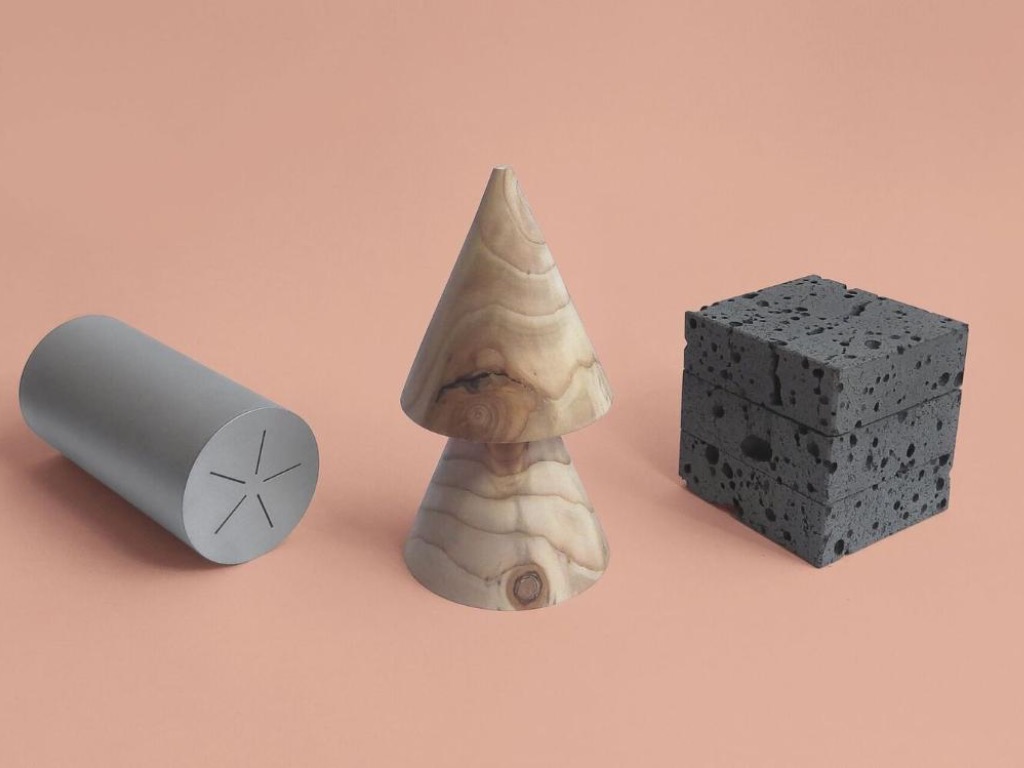
Pascal Anson said,
“It's important to me as an artist and designer to always engage directly with the public, I really hope that both the installation of chairs in the States of Play show in Hull as well as the step-by-step making video I'm working on achieves this. Whilst being different from one another, both projects ask you to stop and look again. The balancing chairs ask you to stop and think about gravity, physics and your own sense of reality. The paper cup stool project for children asks you to stop and think about the extraordinary ways in which we can use ordinary objects.”
Play is sometimes a serious business – but it is always fun. In this immersive, interactive show, your eyes will be opened to how play forms the world around us. You’ll come away inspired to inject renewed playfulness into your life.
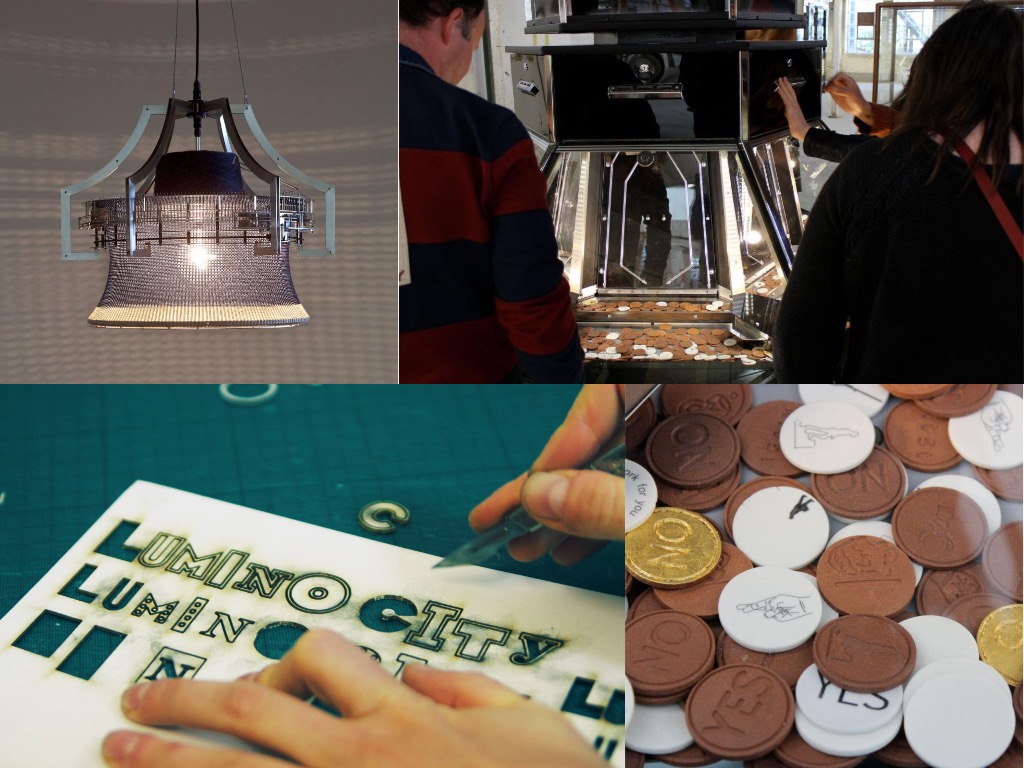
David Sinclair, Curator at Humber Street Gallery, said,
“As we get older and grow up, we often lose our connection to playfulness and curiosity. However, its capacity to help us de-stress in an increasingly stressful world, and its ability to allow us to see things from alternative perspectives and appreciate them in new ways.
“Working in association with the Crafts Council on such an innovative, diverse and provocative exhibition, States of Play featuring both UK and international designers and makers will add tremendously to an amazing cultural and visual arts offer in the city.”
States of Play is a Crafts Council and Hull City of Culture Partnership Exhibition, supported by the British Council. In association with The Foundation of Art and Creative Technology (FACT), the story of play will be further explored in a second exhibition, launching at FACT in March 2018.
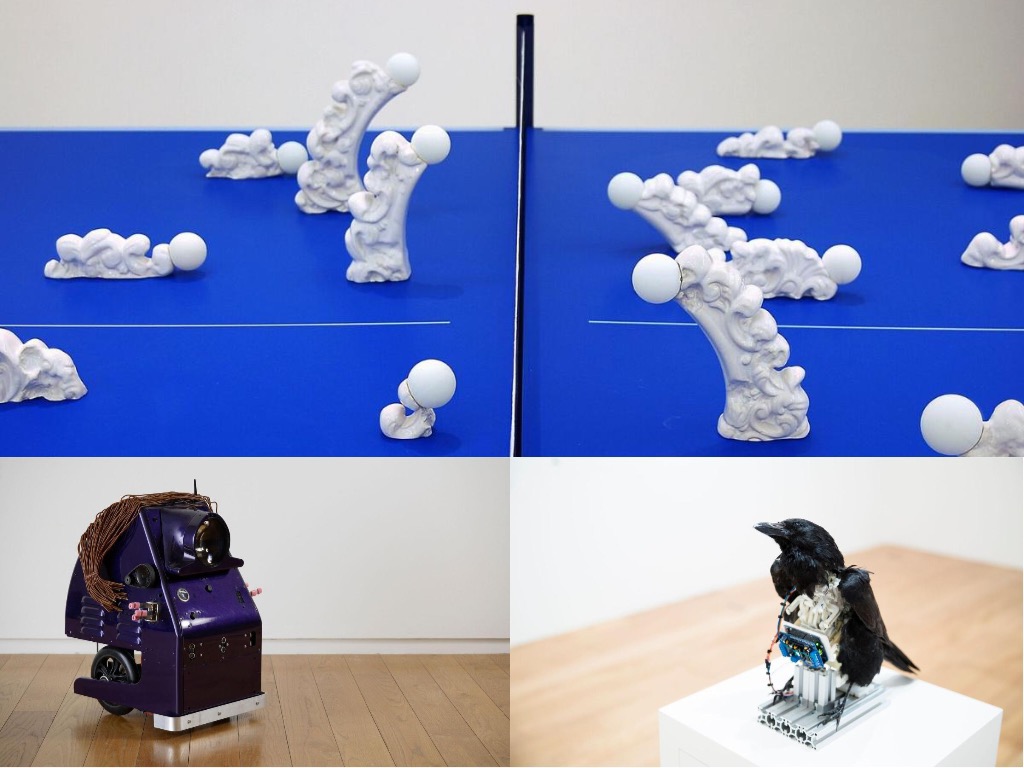
Sarah Mann, Director Architecture, Design, Fashion at British Council, said,
“The British Council is proud the support this exciting and playful installation by Austrian design duo Mischer ‘Traxler as part of our wider support for Hull 2017. The interactive, kinetic installation will open the exhibition, encouraging the public to explore and play with the work. We hope that this international commission will reinforce the vital role play has in contemporary making practice, giving us the ability to develop new attitudes to creativity, collaboration and problem solving.”







